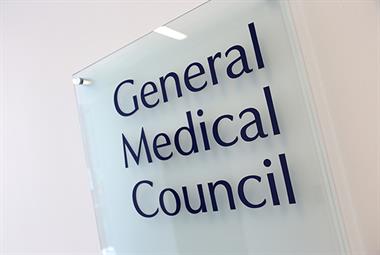Becoming a GP will test your clinical knowledge and professional skills in a wide range of situations. Indeed, the first few weeks, or even the first year, will still feel like one of the most daunting times in your career. For example, you may be concerned about 'What happens if I don't know what to do?' and 'Will I keep my surgery running to time?'
As a newly-qualified GP, you are fully autonomous and will diagnose, treat, advise and support many patients over the course of a day in which you’ll see a variety of issues which could present a diagnostic challenge, even now your training is complete.
Over time, you will start to build strong doctor-patient relationships that may continue for years to come. You’ll experience the rewards of general practice, like making a challenging diagnosis or treating a condition that responds well to your management.
However, you may be self-critical when you aren’t able to diagnose a condition immediately, or when a patient doesn’t respond to a treatment you prescribe as you’d hoped.
GPs make countless important decisions and sometimes that can feel lonely, especially when you’re not sure what to do for a particular patient. However, as you develop your skills, you’ll become more confident in your own abilities and use your colleagues for support and guidance.
While it is it unrealistic to expect to know everything straight away, there are some core skills that will get you far; a sound knowledge base, good clinical skills, excellent communication skills, along with knowledge of your own limitations, and - most importantly - when to ask for help.
Ten key tips
With that in mind, here is ten additional tips that are useful as you start your career as a newly qualified GP:
- Pick your practice or locum sessions carefully so you feel comfortable with the situation you are going into.
- Make sure you have any equipment you need before starting your surgery or going on a home visit. Rushing about to find equipment in between patients will increase your stress levels and may result in delays.
- Be aware of your timekeeping. Running late is likely to be stressful for you and irritate your patients.
- However, remember that you will run late, and quite often. In such cases, accept that you are running late, apologise to your patients and don't let it affect the service you deliver for the rest of the session.
- Take the time required for administrative tasks. Significant errors can occur from signing repeat prescriptions and reviewing hospital letters hastily. Try to dedicate a certain amount of time per day to such tasks when you are uninterrupted and can give them your full attention.
- Avoid doing tasks 'on the hop', like while walking through reception or in between patients, unless it is strictly necessary. Mistakes or an inadvertent breach of confidentiality are more likely in such situations.
- Use your support network to look after your personal wellbeing, whether this is your new GP colleagues, the other GPs from your ST training scheme, your locum group, your friends or family. Being a newly-qualified GP is a demanding task and their support will help. Remember to take time to relax outside of work and maintain your work-life balance.
- Keep accurate, detailed contemporaneous medical records. This can be a challenge when faced with time pressures, so if you need help with this, consider taking a medical record keeping training course.
- Remember to keep up with your continuing professional development and start recording your reflections for appraisal and revalidation.
- Be aware of your limitations and ask for help when appropriate. Even as an independent GP you are unlikely to ever be truly alone. Use your GP and hospital colleagues for advice if you are unsure.
This article is funded by the MDU for GP Connect



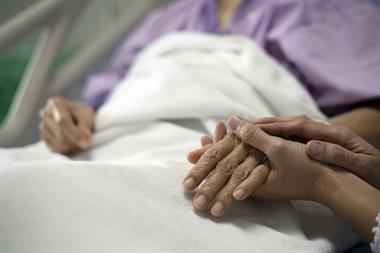
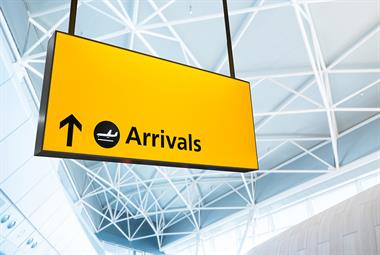

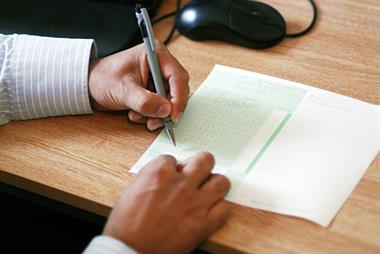



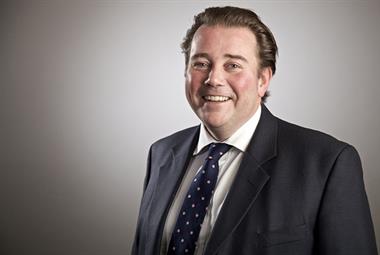
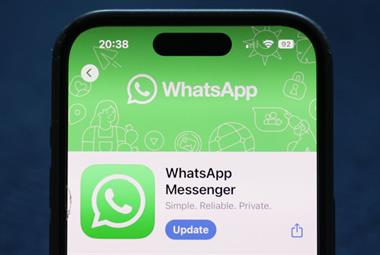
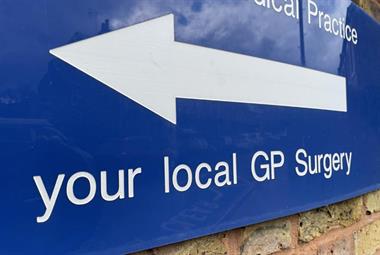
.jpg)
